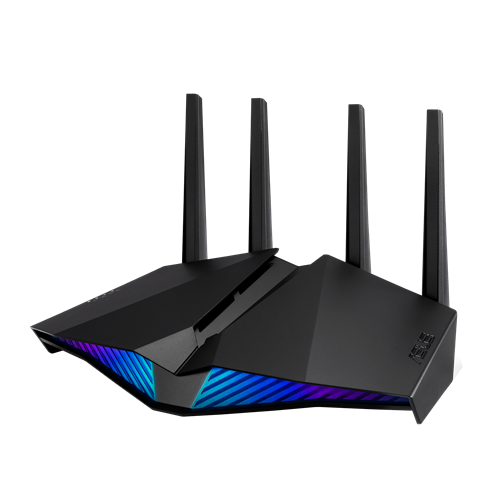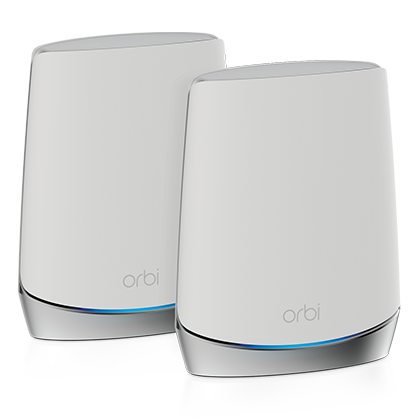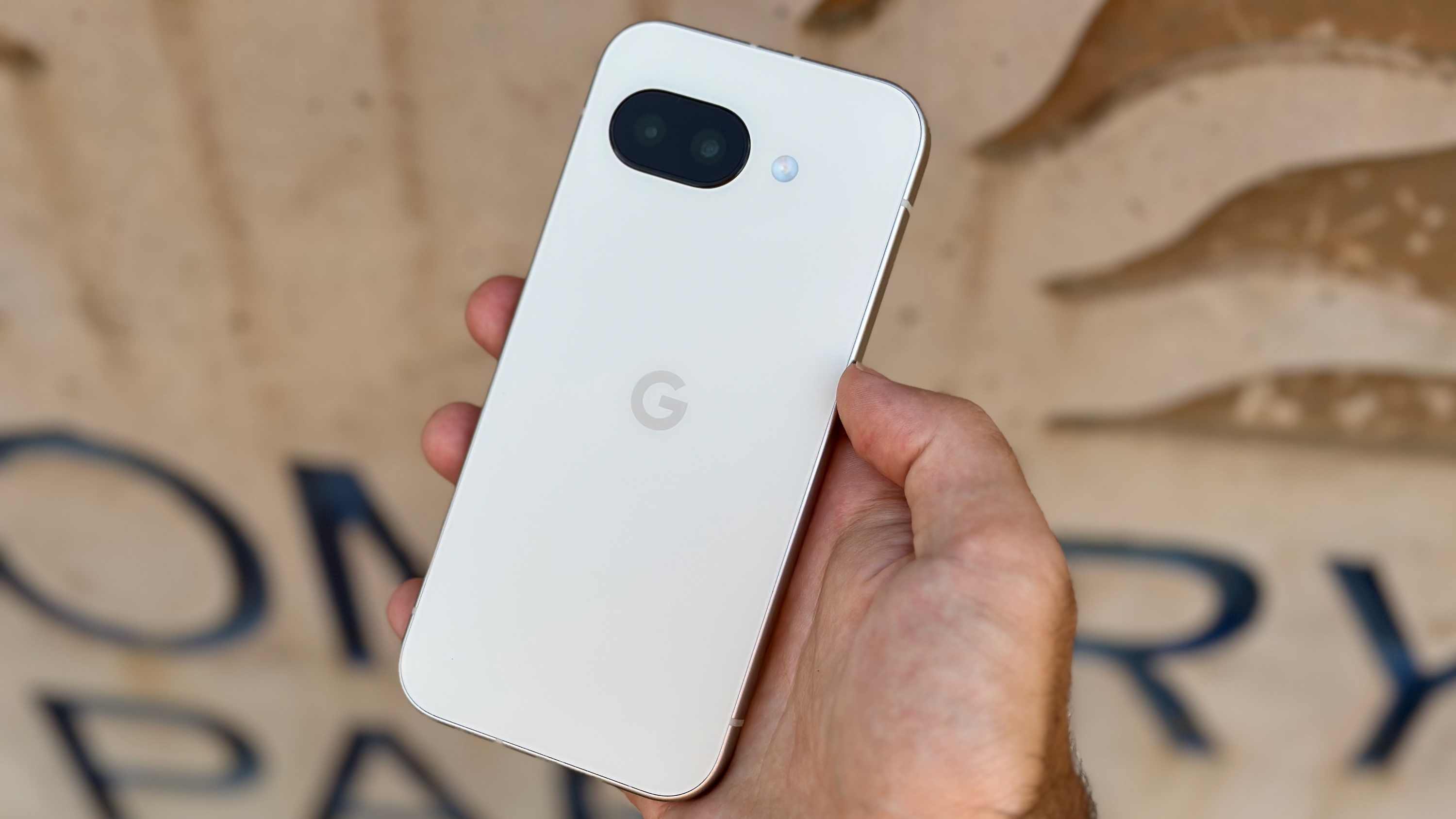Should you buy a Wi-Fi 6 router in 2022?
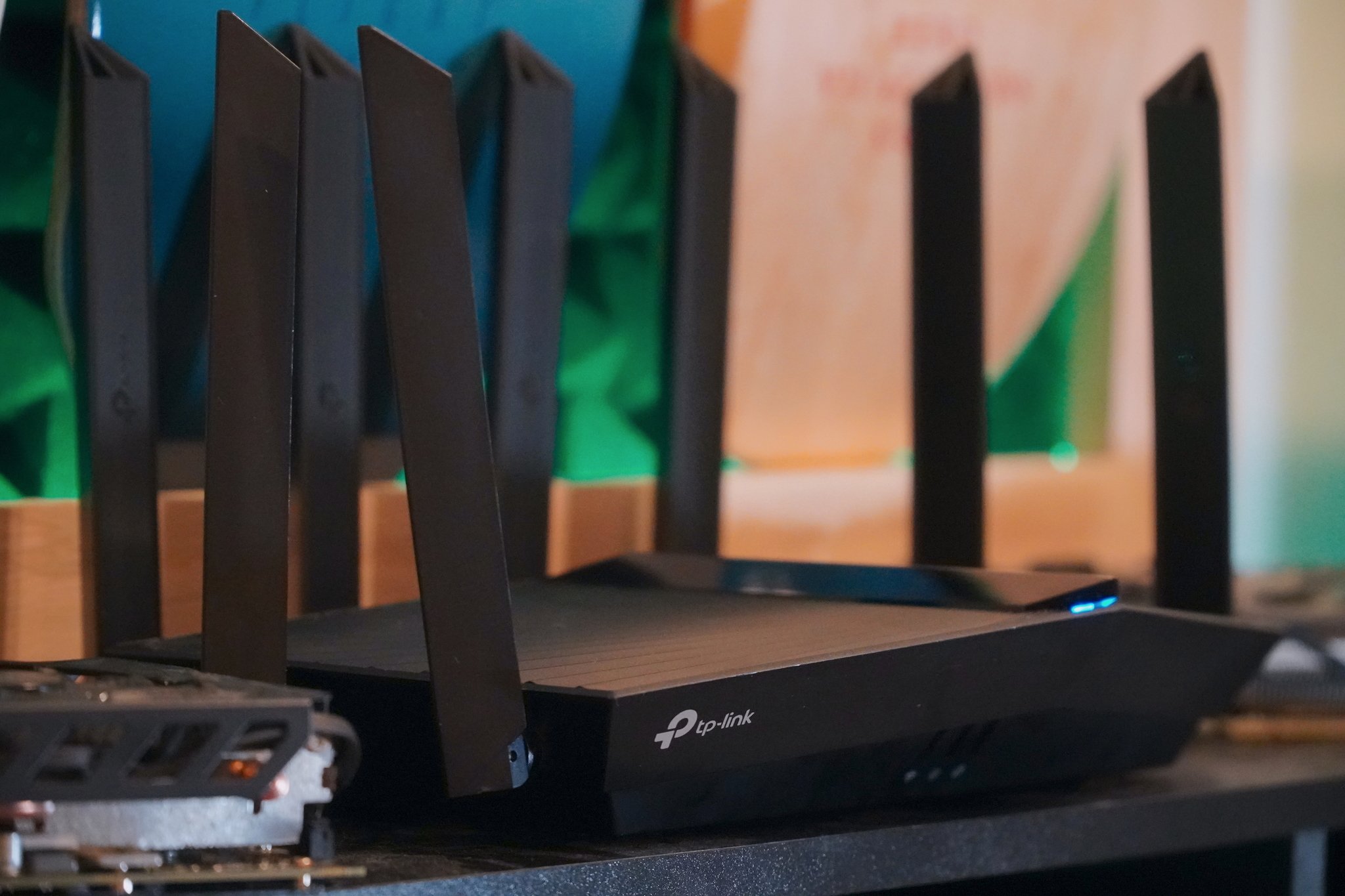
Best answer: Yes, if you have an older router, you should consider moving up to Wi-Fi 6, especially since the prices decreased and new phones will likely support the tech. However, if you already have a fast Wi-Fi 5 (802.11ac) router, it won't be worth it.
Speed and capacity upgrades on Wi-Fi 6 routers
A lot of things can affect your Wi-Fi performance, including router positioning and nearby interference from your neighbor's router. While you might be able to get some new life out of your router with more optimized positioning, it's not going to help with congestion the way upgrading to a Wi-Fi 6 router will.
Wi-Fi 6 can also handle more devices at once compared to Wi-Fi 5 and will keep speed and latency more consistently even under heavy load. Most of the best Android phones you can buy today support Wi-Fi 6 and allow for up to 1,200Mbps speeds compared to Wi-Fi 5's typical 867Mbps.
Since most people keep their routers for years and may upgrade their phones or computers multiple times before getting a new router, it's best to get a router that's ready for the future. Thankfully, Wi-Fi 6 routers have come down in price and are finally ready for mainstream users.
There are a ton of options to choose from when it comes to WI-FI 6 routers, whether you're looking for the best WI-FI 6 router you can get or a seamless coverage with a Wi-Fi 6 mesh system. It really comes down to how much speed you need. For many people, the best bet is a cheaper router like the TP-Link Archer AX21 with a dual-band AX1800 connection. AX1800 routers support Wi-Fi 6 on both bands with around 600Mbps at 2.4GHz and 1,200Mbps at 5GHz. Since most Wi-Fi 6 devices have a maximum connection speed of 1,200Mbps, it's a good fit.
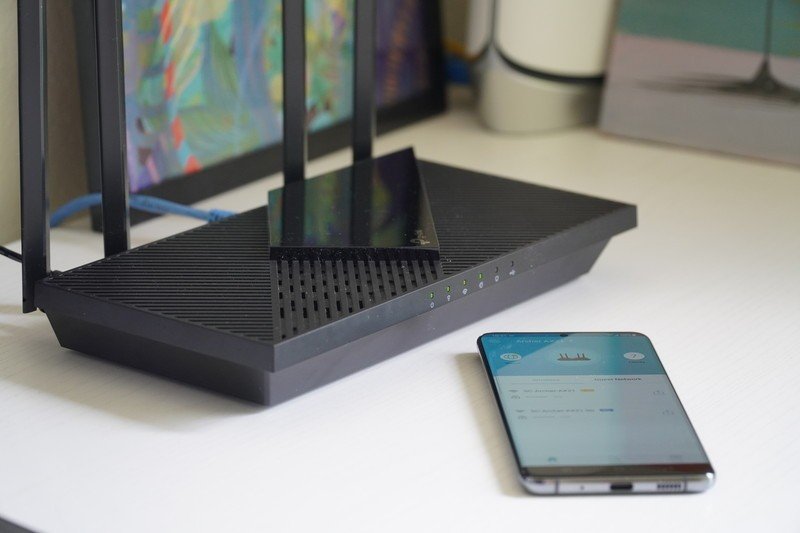
Wi-Fi 6 has enabled extremely fast connections in high-end routers, with some tri-band models reaching AX11000. However, for most people, something like the Archer AX90 with a tri-band AX6600 connection will be a better fit. There are also some gaming-focused models designed to give you enough headroom that you'll never be bottlenecked by your network during a game.
Be an expert in 5 minutes
Get the latest news from Android Central, your trusted companion in the world of Android
With a Wi-Fi 6 connection, the fastest WI-FI cards can connect up to 2,400Mbps with 160MHz compared to 1733Mbps on Wi-Fi 5. So even with the slower 1,200Mbps more Wi-Fi 6 devices will be getting, if you're ready for a new router, it's worth it to get one with WI-Fi 6.
Should you wait for Wi-Fi 6E?
Wi-Fi 6E is nearly identical to Wi-Fi 6 though it has access to some newly available 6GHz spectrum. This new spectrum has many more channels making it ideal for areas with a ton of congestion. Still, unless you're trying to get wireless gigabit speeds on all of your devices, there's not enough of a benefit for it to be worth it for most people just yet.
There's also the issue that only the latest and greatest devices even support the tech, so the majority of your devices will still be on 5GHz Wi-Fi 6. Once you get a few devices that can handle it, Wi-Fi 6E routers like the Netgear Nighthawk RAXE500 have mind-blowing Wi-Fi speeds.
Where does that leave Wi-FI 5?
Wi-Fi 5, or as it is more commonly known, 802.11ac, got darn fast at the end of its life, with many routers offering speeds well over 1 Gbps if you have a fast device. Wi-Fi 6, or 802.11ax, brings a lot of enhancements or routers, such as support for a larger number of devices and some more efficient power usage.
For most home users, Wi-Fi 5 routers can supply more than enough speed, and if you have a fast one, it might not be worth it to jump unless your router is struggling to keep up its speeds in a congested area. Similar to buying a smartphone more than a year ago, like a Galaxy S10, the performance may be good enough, and the software will be current, but it will reach its end-of-life sooner than the S21.
If you were going to buy a router today, Wi-Fi 5 just doesn't make a ton of sense for the next few years, you will have it.
When Samuel is not writing about networking or 5G at Android Central, he spends most of his time researching computer components and obsessing over what CPU goes into the ultimate Windows 98 computer. It's the Pentium 3.
